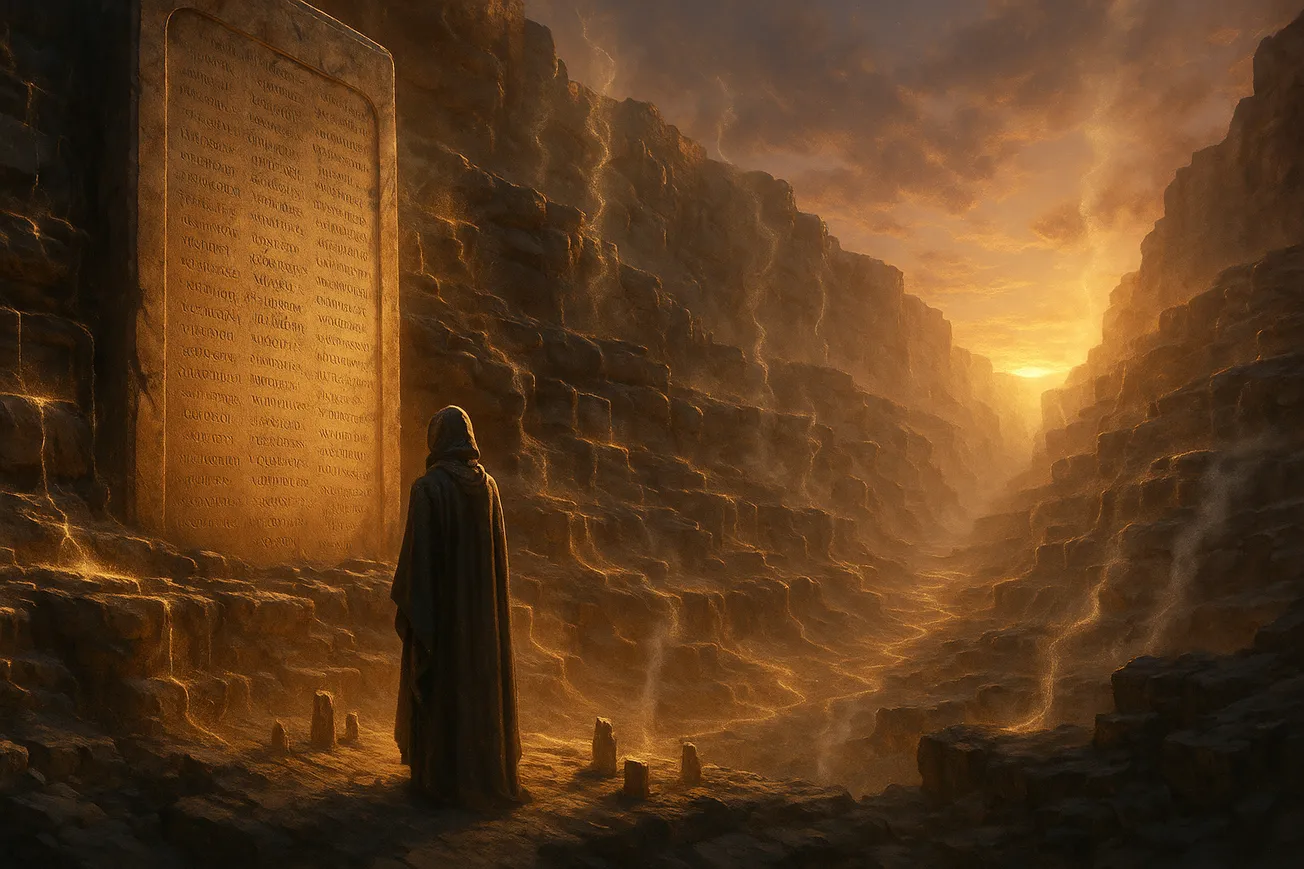🌈 The Fractal Story Engine | Society & Future | (4) SF-001-R
There is something quietly terrifying about how easily we forget. Not just names or dates, but the marrow-deep truths that once burned in us like fire. The moment you swore never to become your father. The quiet vow you made in the hospital hallway. The feeling of being utterly seen, or utterly shattered. So much of what shapes us slides beneath the floorboards of awareness, and the world invites this forgetfulness like a ceremony.
But what if forgetting wasn’t passive? What if it was ritualized, organized, mandated? This question cuts deeper than it seems. Because on some level, we are already living it.
Culture curates memory. Institutions decide what counts. History books flatten nuance into digestible myth. Media cycles compress suffering into clickable blurbs. We are constantly participating in a vote, choosing what to archive and what to dissolve. And like the citizens in the plaza, we rarely understand the consequences of what we choose to keep.
Memory is not neutral. It is a carrier of meaning, pain, inheritance, and possibility. To forget grief is to forget the cost of love. To erase shame may seem like liberation, but often it strips away the very bridge that could lead us to empathy. And yet, to remember everything is its own kind of torment. Some things ache so profoundly they cannot be held forever.
So the real question becomes: what is the wisdom that helps us choose what to carry?
Spiritual traditions have long held paradoxical stances toward memory. Some urge us to transcend it, to reach a purer state beyond the mind’s archive. Others insist that memory is sacred, that the ancestors live inside our remembering. And in both frames, there’s a recognition that memory is not merely data. It is soul texture. The shape of our becoming.
In my own life, I’ve watched how unprocessed memory festers in the body. Trauma becomes tension. Regret becomes rigidity. But I’ve also seen how remembrance, deliberate and spacious and gentle, can become medicine. Not reliving the pain, but reweaving it into something whole.
The Memory Vote invites us to consider not only what we remember, but why.
And more importantly, who gets to decide.
In a world drowning in noise and novelty, perhaps the most radical act is to choose memory with care. To hold space for the difficult feelings. To protect wonder. To honor grief. Not out of sentimentality, but out of a commitment to remain human in the face of erasure.
Because forgetting can be mercy. But forgetting can also be control. And sometimes, the only thing standing between collapse and continuity is a single memory someone chose not to let go.
What can the reader learn from this story?
Memory is not just personal. It is a cultural force, a spiritual vessel, and a site of power. We must learn to hold it with discernment, protecting the emotions that sustain our humanity even when they hurt. Choosing what to remember is choosing who we become.

